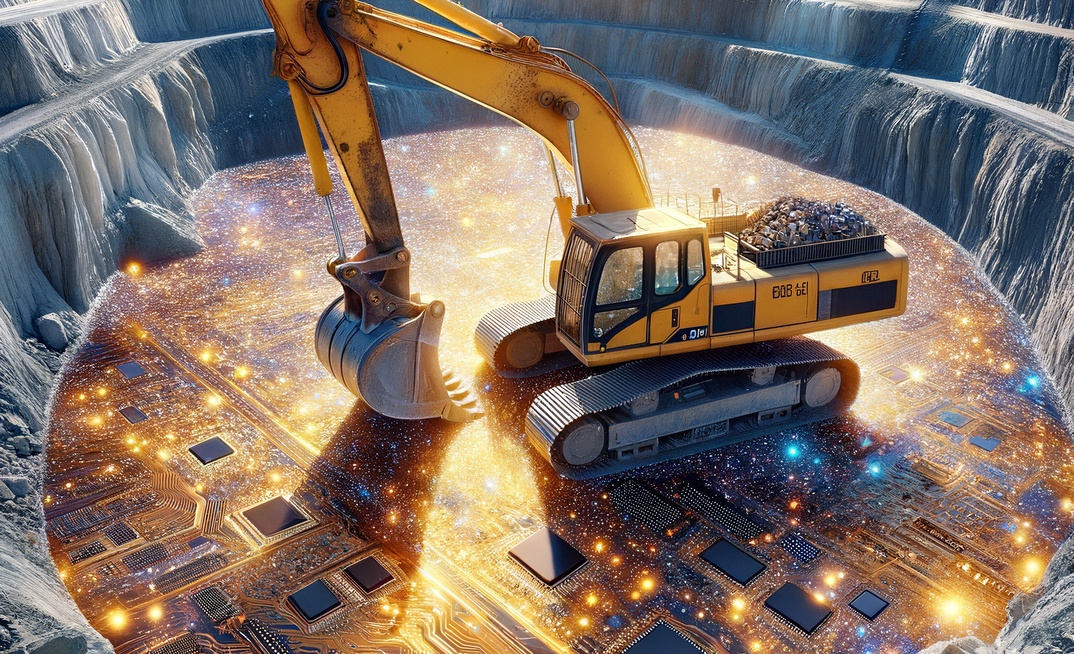Don't hold your breath for another commodity supercycle, the Mining Journal Select conference in London heard.
"We've had many commodity cycles, but only one supercycle," David Wilson, director - commodity strategy at BNP Paribas, told the conference.
Wilson saw the period between 2003 and 2011 as the only example of a commodity supercycle.
"We saw every single commodity, whether it was metals, energy, or agricultural, rally aggressively, and the driver was China."
YOU MIGHT ALSO LIKE
Edward Fremlin-Key, head of base metals sales at ICBC Standard Bank, agreed that the current supercycle discussion was overdone.
"For me a commodity supercycle is an event that lasts for a prolonged period of time."
"We aren't anywhere near a supercycle, but in certain metals perhaps there's a cycle about to start."
Christopher Ecclestone, mining strategist at Hallgarten, agreed that the ingredients of the last supercycle were not there. "The first supercycle had a lot of retail in it," he said, comparing it to the current market where no such herd behavior had appeared.
And more importantly, unlike the early 2000's, demand from China is not booming.
Instead of Chinese industrialisation, the new focus is on onshoring and friendshoring by developed countries, as well as the energy transition.
But Wilson warned that in Europe, at least, that onshoring rhetoric has not been backed up by action.
"The EU is in a deindustrialisation stage right now... companies are moving manufacturing away from Europe," Wilson said, pinning the blame on "Germany's fairly disastrous energy policy."
"Some of the policies in Europe seem to say ‘we don't want an industrial sector'," Wilson said.
Diverging prospects
And while the demand stimulus from energy transition is real, that is not enough to spur the sort of broad commodity rally seen during the last supercycle.
"The horses are running at different speeds to how they ran before," Christopher Ecclestone said. He noted, for example, that a push to lithium batteries had essentially removed the need for new lead supplies.
"There's a lot more discrimination now," Ecclestone said.
In this new, more complex market, Fremlin-Key saw financing shift from generalists to specialists.
"That financing is moving to companies that have internal expertise they can leverage," Fremlin-Key said.
In particular, traders and end users are becoming increasingly important as mining financers.
Military buildup
But Ecclestone pointed out one new driver that could spur demand in some areas, which is increasing geopolitical instability.
"What we are seeing now is western governments are very focused on military issues," Ecclestone said.
"We have not seen a military buildup like this since the Vietnam war."
This increasing hostility is moving minerals increasingly into the geopolitical space.
"Western allies is not just a military term, it's now an industrial term," Ecclestone said.
"In the previous supercyle China was called a competitor, now it's an enemy."
As a result, Ecclestone had a suggestion. "I would buy military metals," he said, noting for example increased demand for tungsten as defence spending rises.


























